Taylor Swift is the Musical Equivalent of McDonalds
Boring songs and a ton of money: The Taylor Swift Way.
Photo Juno Le
The Target exclusive CD of Taylor Swift’s “Midnights” album next to a McDonald’s 10-piece Chicken McNugget box and fries.
March 21, 2023
When I was a child, around seven years old, my sister got Taylor Swift tickets for her Christmas present. My parents told me that I could go with her and they would purchase an extra ticket so that I could have my first concert experience. I said that I would rather go deaf.
It’s pretty apparent that I’m not a fan of Swift’s music, but I cannot speak to the quality of her music as I have no credentials to do so. I can, however, comment on her lyrics.
Almost every single Taylor Swift song is about Taylor Swift. What does this mean? This means that they comprise of essentially three emotions: love, revenge/hate, friendship/the ending of one. Essentially, they encapsulate the range of emotions felt by your average fourth grader. Personally, I abhor these songs, but I have to applaud Swift’s method: her adoption of the Mcdonald’s Method.
The Mcdonald’s Method, with regards to making burgers, is essentially the employ of an assembly line to increase the efficiency of their production. I will break down Swift’s process into three simple steps:
- Have a Bad relationship: An example of this is her relationship with John Mayer which she then turned into a very thinly veiled breakup anthem titled “Dear John”
- Write Uninspired Lyrics: This is perhaps the most important stage of the process. Swift creates unsophisticated lyrics in an attempt to have her songs relate to as many people as possible, yet by doing so, she creates very shallow music; writing poetic lines such as “It’ll leave you breathless, mm, Or with a nasty scar.”
- Generate Revenue: Mcdonald’s sells 550 million Big Macs Per Year. Why? It’s because they’re palatable to a wide range of people, not because they’re especially tasty or complex. The same logic applies to a Taylor Swift song. They generate so much income for her because they’re palatable to a wide range of people, speaking to emotions we all feel. However, the only way that she can do that is by watering down whatever feelings are in the song to the point where they become EINOs, Emotions In Name Only, shells of their true selves.
With such a large platform, such a great person, like Swift, should logically speak about important issues, and not just try to one-up her past significant others by exposing relationship issues to an audience of millions of tweens and exploiting them for profit. Some artists use their platform to write songs about gang violence, abuse, suicide, etc.; they devote their efforts to something important to them and the world.
One can say that Swift does enough with her tweets, Instagram posts and charitable donations. But, giving is about the amount of effort you put into something, not the amount of money you throw at it; and, Swift has no larger means of affecting change than through her music. She, however, decides to throw this outreach away on deeply profound and insightful quotes such as “haters gonna hate.”
I cannot argue with the numbers that she puts out. She breaks inconceivable records, has won a dozen Grammy’s and almost 30 Billboard awards. At 33 years of age, she has an estimated net worth of $360 million and was named Time’s Person of the Year in 2017. What does this prove?
It says a lot about her. She’s definitely an outstanding salesperson to be able to profit from such mediocre work. But time and again, she’s run into scandals concerning the origins of her lyrics.
For five years, Swift was involved in litigation against songwriters Sean Hall and Nathan Butler for stealing the lyrics to “Shake it Off” from their song “Playas Gonna Play” which was released by the Hip Hop group 3LW in 2001. This case was settled in Dec. 2022, and while the details of the settlement are unknown, it does mean that Swift does avoids taking her chances with a jury.
Swift, in all her glory, seems to be the musical equivalent of a fast-food restaurant. Low-quality products which all seem to be the same, and high-profit margins. I for one am tired of hearing yet another version of the same old “Love Story.”

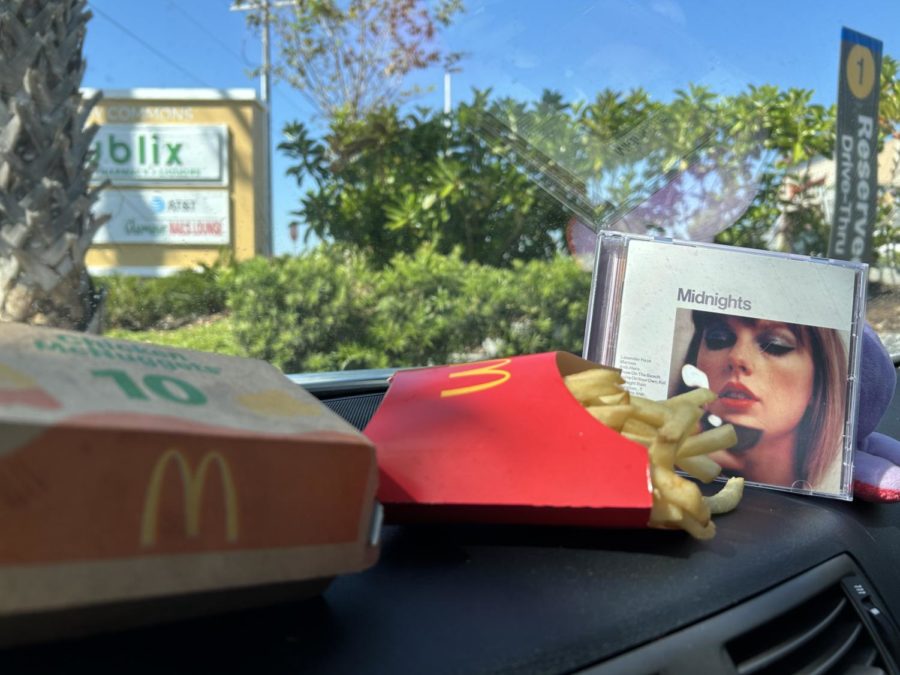
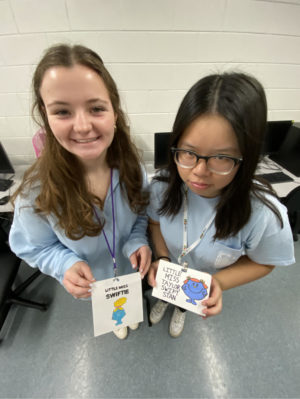
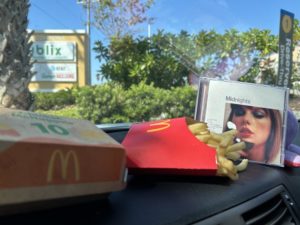

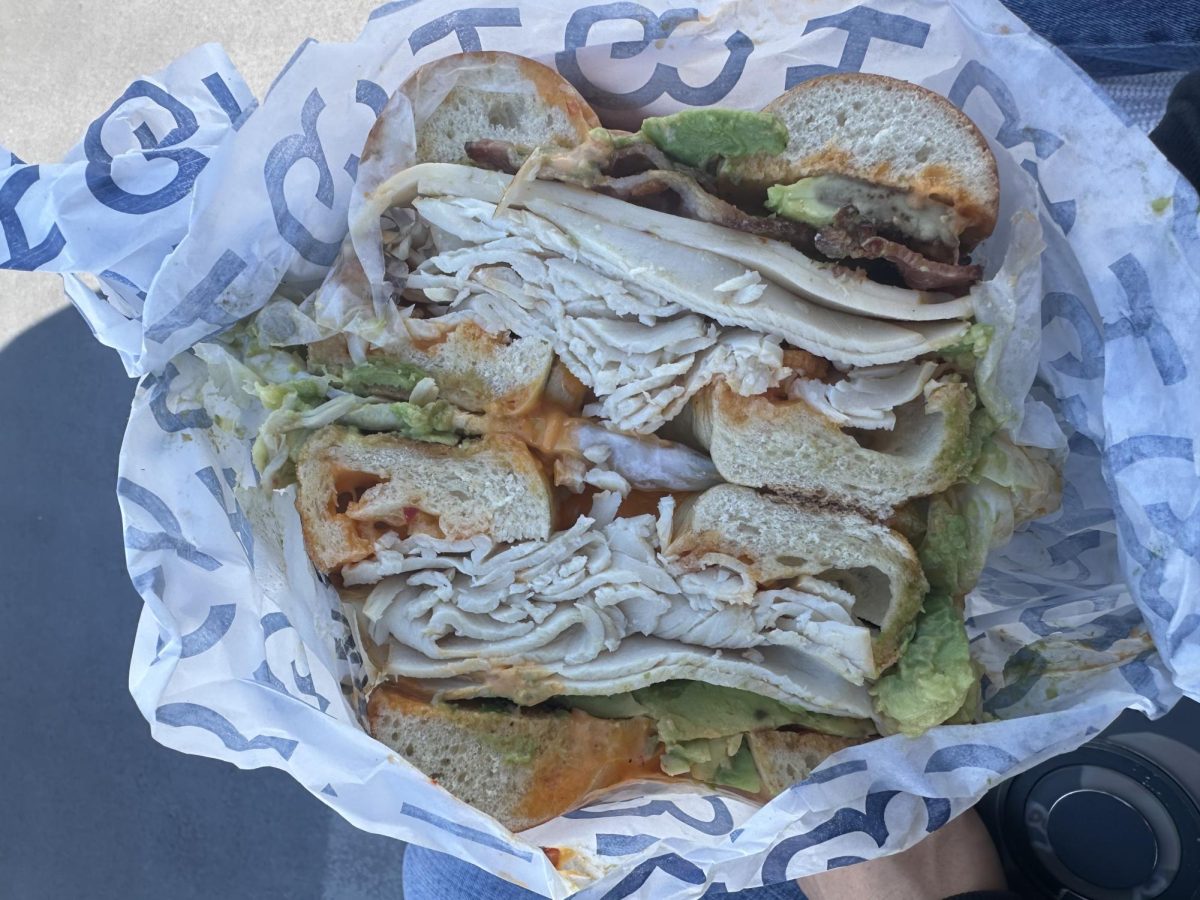
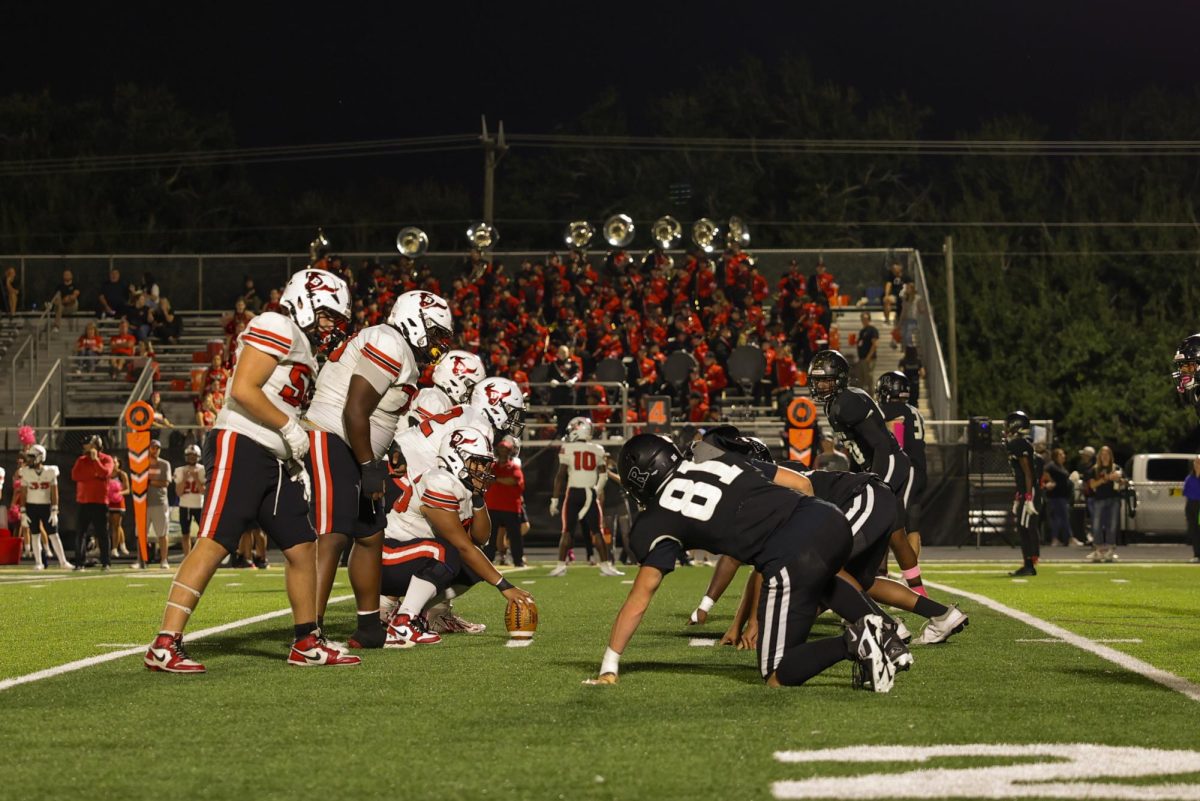
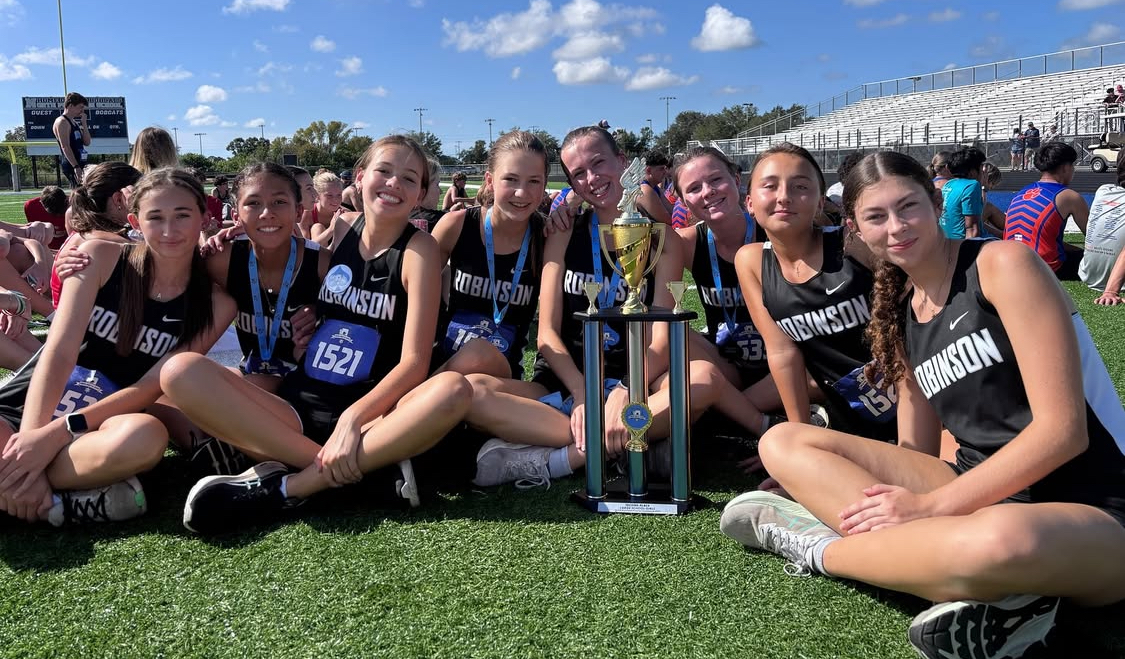





Jordy • Apr 5, 2024 at 4:03 pm
I’ll have a quarter pounder with cheese, medium coke, small order of fries, and one Eras DVD.
David • Dec 9, 2023 at 7:36 pm
exactly, average product for average people
Kurt • May 10, 2023 at 9:14 am
This article is the epitome of mansplaining.